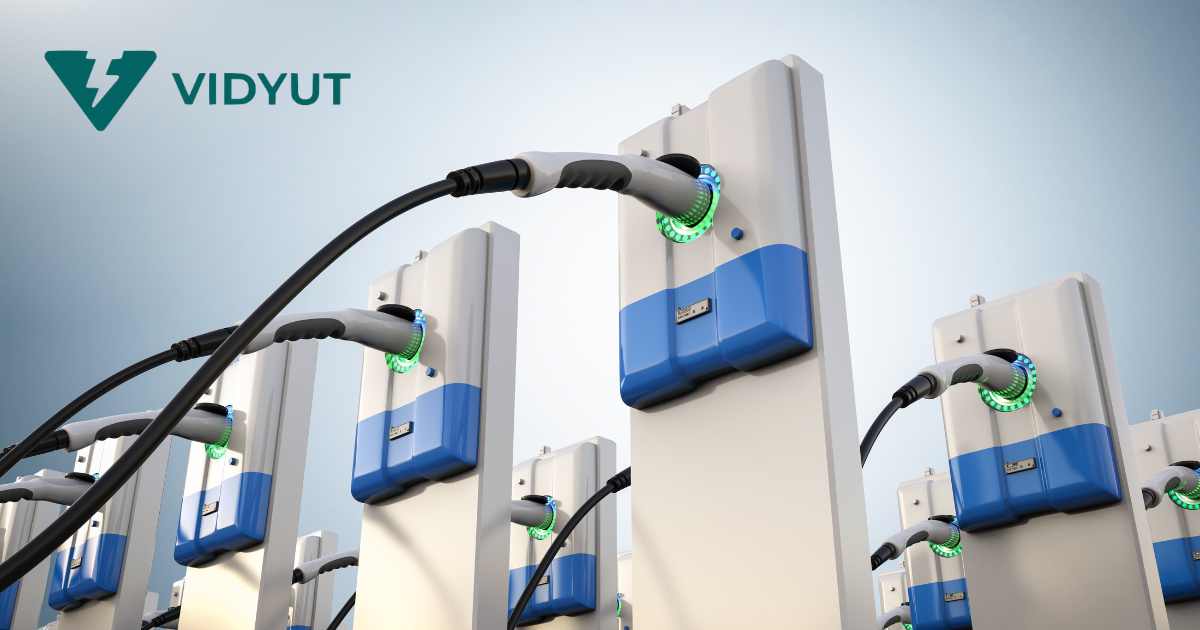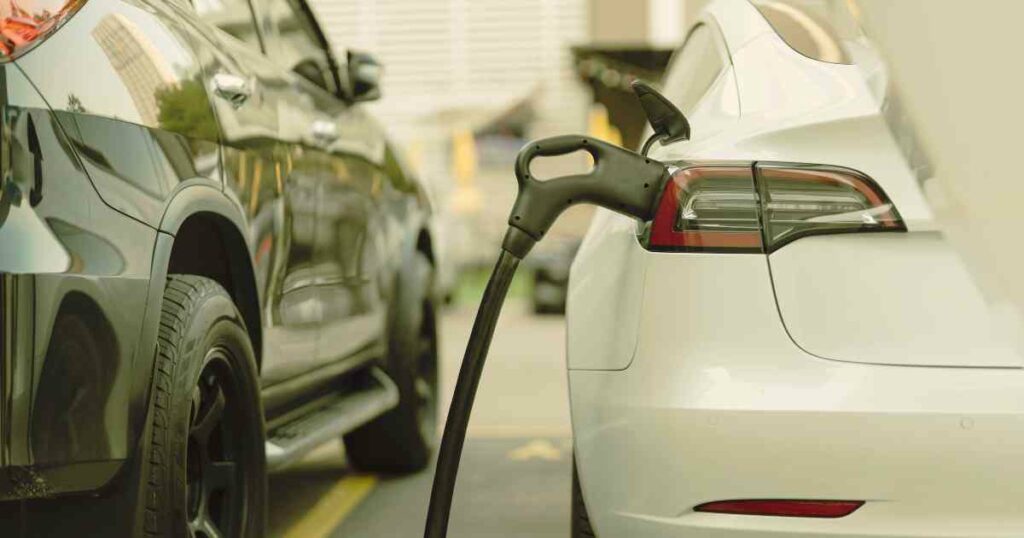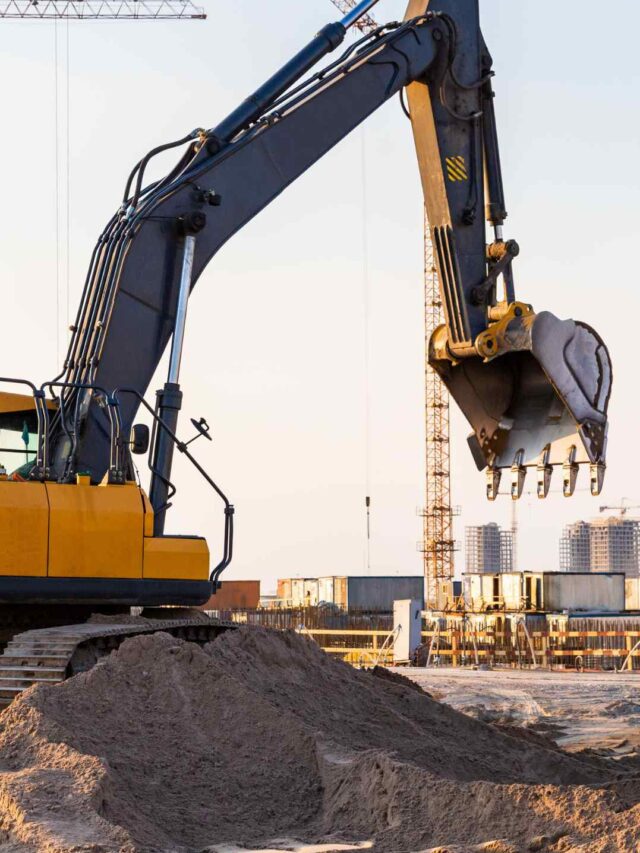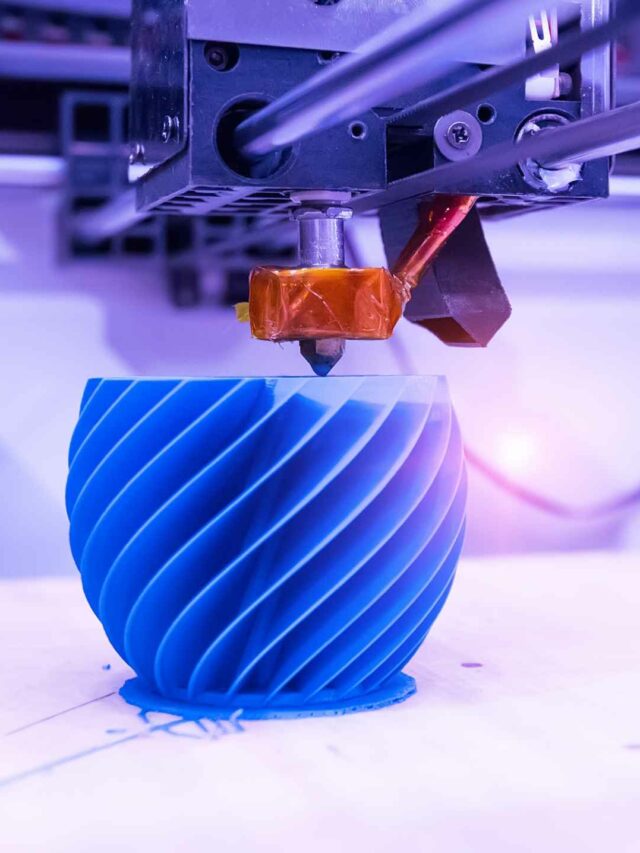Commercial EV financing startup Vidyut has hit a major milestone, raising $10 million in its latest Series A funding round. Investors including 3one4 Capital, Zephyr Peacock, Saison Capital, Force Ventures, Alteria Capital, and Udaan CEO Sujeet Kumar participated in the round, making it one of the largest funding rounds in the EV industry to date.
Vidyut EV: Key Points
- Electric vehicle manufacturer: Focuses on developing and producing two-wheeler and three-wheeler electric vehicles for the Indian market.
- Sustainable mobility: Aims to reduce reliance on fossil fuels and promote eco-friendly transportation solutions.
- Product range: Offers a variety of electric scooters and motorcycles, catering to different needs and budgets.
- Focus on innovation: Continuously develops and implements new technologies to improve vehicle performance and range.
- Manufacturing facility: Operates a state-of-the-art manufacturing facility in Hyderabad, India.
- Expansion plans: Aims to expand its product portfolio and production capacity to meet the growing demand for electric vehicles.
- Government partnerships: Collaborates with the Indian government on various initiatives to promote electric vehicle adoption.
- Investment and funding: Backed by prominent investors, indicating strong potential for future growth.
- Focus on affordability: Offers competitive pricing to make electric vehicles accessible to a wider audience.
- Charging infrastructure support: Actively involved in developing charging infrastructure solutions to address range anxiety.
This significant funding infusion will allow Vidyut to expand its offerings beyond EV financing, including EV insurance, lifecycle management, and EV resale. The startup also aims to establish a presence in 40 cities, as well as doubling its team size by the end of the 2024-2025 financial year.
Vidyut provides a unique model that splits the cost structure of EVs for customers, a feature that has proved incredibly popular. For example, Vidyut provides a term loan e.g. up to five years that allows customers to finance the chassis of their vehicle, while the battery is funded through a pay-as-you-use model, with customers paying Rs 1.3-2.5 per km for battery usage.
The company’s innovative financing model ensures that maintenance and repair is a breeze for customers: for any battery-related issues, Vidyut takes care of repairs or replacements. The startup also offers hassle-free battery replacements at no extra cost to the customers, alleviating longevity and high replacement costs concerns for customers who worry about the costs involved in owning an EV.
Also Read: PNB Housing Finance offers 8.30% Interest rate on FDs for senior citizens till March 31
Kothi, Co-Founder of Vidyut, stated “our EV offering demonstrates a clear Total Cost of Ownership advantage – it’s more affordable to purchase and operate.” This offering is certainly tempting to customers; if we compare a 3W diesel cargo vehicle priced at Rs 3.5-3.8 lakhs with fuel costs of Rs 4-4.5 per km to Vidyut’s 3W Cargo EV offering, priced at Rs 4 lakhs, Vidyut’s offering is significantly more affordable. This is due to their transparent pricing structure of Rs 1.3-2.5 per km, which puts them in direct competition with traditional diesel vehicles.
Vidyut’s business model includes revenues streams from both the loan and the battery lease, facilitated through their network of non-banking financial company (NBFC) partners. Furthermore, the startup is expanding its services to include EV resale. In the coming months, Vidyut also plans to offer servicing, maintenance, and insurance services, positioning the startup as a one-stop-shop for all EV needs.
The funding secured by Vidyut is an exciting step forward for the EV industry. As the startup expands beyond EV financing, we are set to see new standards for sustainable, cost-effective, and eco-friendly transportation solutions. Vidyut certainly promises to be a key player in driving the electrification future forward.
Last Updated on 8 months












